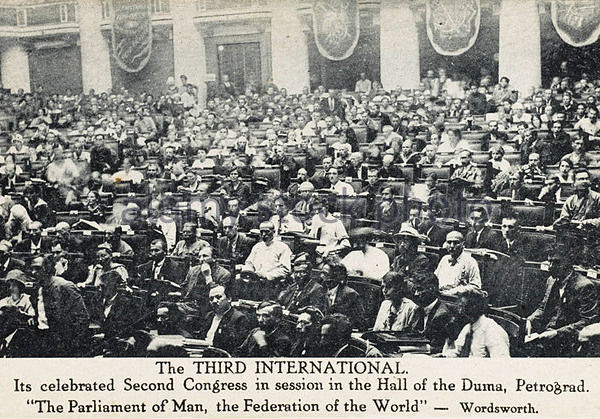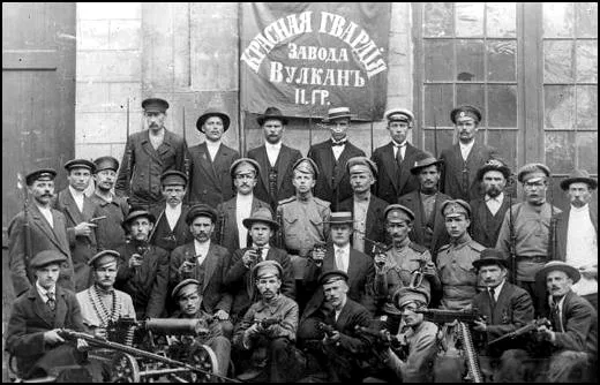Communist International

For revolutionaries, the period must be defined by the international fight against the far right

On revolutionary strategy: From the early Comintern to Daniel Bensaïd

Centenary of the Communist movement in India: Achievements, lessons and challenges
Clara Zetkin on the path to workers’ power

Edited by Bob Schwar
The Communist International: A critical analysis

Introduction by Richard Fidler
How pioneer Communists assessed the Russian Soviet Republic

By John Riddell
February 6, 2021 — Links International Journal of Socialist Renewal reposted from John Riddell's Marxist Essays and Commentary — The Communist International (or Comintern) was founded in Moscow in 1919, with the goal of helping to extend the socialist revolution that had taken place in Russia across Europe and around the world.
The Russian Communist (Bolshevik) party that had led in establishing Soviet power was respected in the International as a prime source of strategic and tactical guidance. Yet the Comintern’s statutes did not accord any primacy to the Russian Communist Party (RCP). Like other Comintern sections, the Russian party was answerable to the International’s world congresses.
The Comintern’s Second Congress: A Centennial Introduction

By John Riddell
The workers’ and peasants’ government

Introduction by Mike Taber
The Comintern debates the United Front

Introduction by Mike Taber


